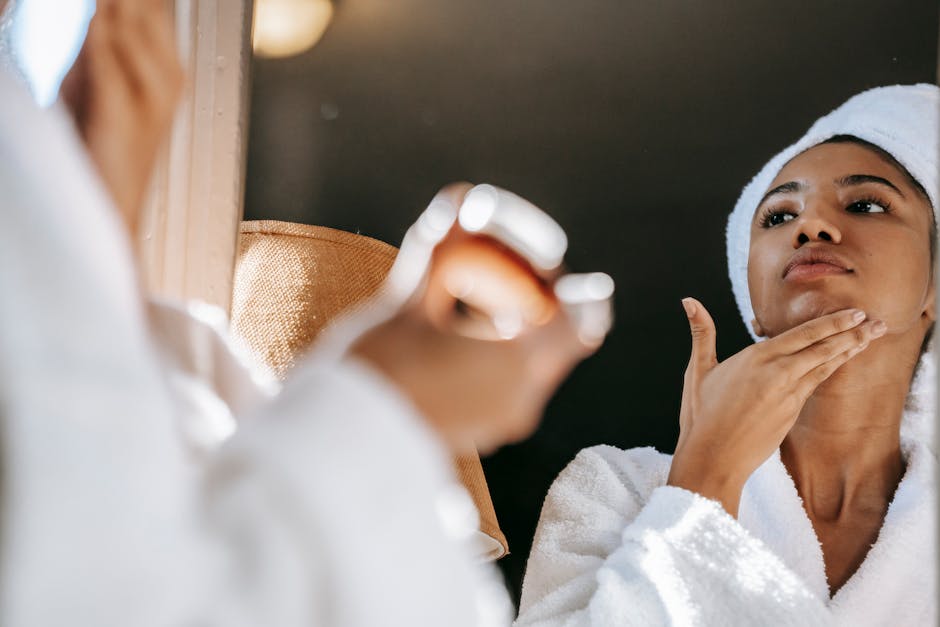Sleep, often underestimated, is paramount to overall health and wellness. It’s a fundamental biological process crucial for physical restoration, cognitive function, and emotional regulation. Unfortunately, many individuals struggle with sleep disturbances, impacting their daily lives in various ways. Fortunately, implementing sound sleep hygiene practices can significantly improve sleep quality, leading to enhanced well-being. This article delves into practical strategies for nurturing better sleep habits.
A cornerstone of good sleep is establishing a consistent sleep-wake schedule. Regularity signals to your body’s internal clock, the circadian rhythm, that it’s time to rest and wake. Consistency transcends the weekend; maintaining a relatively fixed bedtime and wake-up time, even on days off, strengthens the body’s natural sleep-wake cycle. This regularity helps regulate melatonin production, a hormone essential for initiating sleep. Avoid drastic shifts in your schedule, particularly significant delays in bedtime, as these can disrupt your internal clock and impair sleep quality.
The environment in which you sleep plays a significant role in sleep quality. A conducive sleep environment should be dark, quiet, and cool. Darkness triggers the release of melatonin, promoting sleepiness. Using blackout curtains, earplugs, or a white noise machine can effectively block out distracting light and sound. Maintaining a comfortable room temperature, ideally between 60 and 67 degrees Fahrenheit (15.5 to 19 degrees Celsius), is also crucial for optimal sleep. A comfortable mattress and pillows further contribute to a supportive sleep environment.
Diet and lifestyle choices directly influence sleep patterns. Avoiding large meals or consuming caffeine or alcohol close to bedtime can significantly impact sleep quality. Caffeine, a stimulant, can interfere with sleep onset and duration, while alcohol, though initially inducing drowsiness, can lead to fragmented sleep later in the night. Regular physical activity is beneficial, but intense workouts close to bedtime can be counterproductive. Prioritize engaging in physical activities earlier in the day. A light snack rich in tryptophan, an amino acid that supports sleep, may be helpful before bedtime, but only if it is light.
Mindfulness techniques can be instrumental in achieving better sleep. Stress and anxiety often disrupt sleep. Practicing relaxation techniques like deep breathing exercises, meditation, or progressive muscle relaxation can effectively calm the mind and body, promoting a state conducive to sleep. Establishing a calming bedtime routine further helps to signal the body that it is time to wind down. Engaging in relaxing activities like reading, listening to calming music, or taking a warm bath can be particularly helpful in transitioning to sleep.
Identifying and managing underlying health conditions that may contribute to sleep disturbances is important. Chronic conditions, such as insomnia, sleep apnea, or restless legs syndrome, require professional medical attention. Seeking advice from a healthcare provider is crucial in such cases. Untreated medical conditions can exacerbate sleep problems, hindering overall health and well-being. A doctor can diagnose the underlying cause and recommend appropriate interventions.
Recognising that sleep patterns vary among individuals is essential. While eight hours of sleep is frequently recommended, individual needs may differ. Focus on listening to your body’s signals and establishing a sleep routine that fosters restful sleep. Some individuals may require less or more sleep to function optimally. Crucially, prioritising consistent sleep patterns and creating a conducive environment for rest are paramount for most.
Beyond these practical strategies, understanding the psychological and emotional aspects of sleep is equally vital. Chronic stress, anxiety, and emotional distress can severely impact sleep quality. Practicing stress reduction techniques, such as mindfulness meditation or yoga, is recommended. Seeking professional support through therapy or counseling can also be immensely helpful in managing underlying emotional issues that contribute to sleep problems.
Sleep quality is more than just the duration of sleep. Quality sleep is characterized by uninterrupted periods of restorative sleep. Establishing a consistent sleep schedule, optimizing the sleep environment, and implementing healthy lifestyle choices all contribute to a more satisfying and restful sleep experience. By addressing the various facets of sleep hygiene, individuals can embark on a journey toward improved sleep quality and, consequently, a healthier and more fulfilling life.
In conclusion, improving sleep hygiene is a multifaceted endeavor that involves addressing multiple aspects of your daily life. Prioritizing a consistent sleep-wake schedule, creating a conducive sleep environment, managing your diet and lifestyle, and incorporating mindfulness techniques are crucial components of a comprehensive approach to sleep improvement. Furthermore, identifying and managing any underlying health conditions or emotional stressors is key to achieving sustained, restful sleep. By actively engaging in these strategies, you can cultivate a healthier sleep-wake cycle, improving your overall health and well-being.
